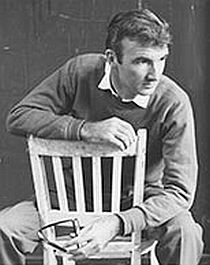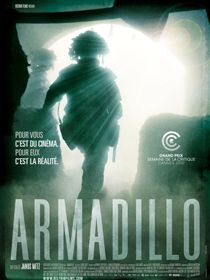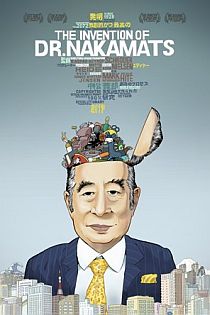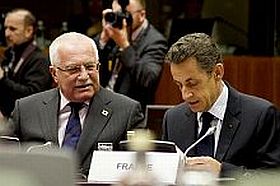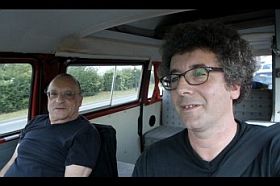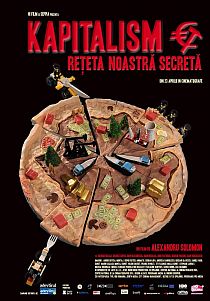


Storydoc Wants Films from the Mediterranean
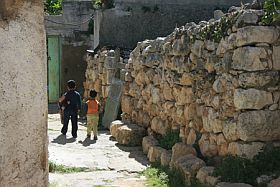
It is not unusual that we do proper promotion for events that we are involved in ourselves. This is no exception! Loyal readers have read my texts from Israel and Palestine – where a workshop was held that ended up with the selection of 4 Palestinian film projects for the Storydoc 2011. Now we need good projects from other countries. Deadline April 26. Read all about it and join what will be valuable and fun! :
2011: Call for Filmmakers with Mediterranean Projects.
Storydoc is a training programme with the focus on the development of documentary projects – www.storydoc.gr.
The Projects wanted should have a strong Mediterranean connection. The call is open to filmmakers from the Region, other filmmakers with a project that deals with the area.
20 projects will be selected, plus 5 from Greece and STORYDOC will offer 5 scholarships to the selected projects.
The selected creative documentary projects will be developed through two sessions tutored by experienced documentary directors, commissioning editors, producers, editors and generalists. See below. At the second session extra 10-15 commissioning editors and distributors will be invited.
The work will be performed in groups and on an individual basis. There will be work on treatments, scripts as well as on visuals (trailers, demos, teasers). Inspirational lectures will be held on several documentary relevant subjects. Main focus is the creative process of developing film projects to secure quality and originality.
The Participants will be documentary professionals and filmmakers (including authors, directors, producers, screenwriters, and consultants) with experience in their local environment, aiming at working on an international level. A strong impact will be put on networking between the participating filmmakers and producers as well as broadcasters. Collaboration will be encouraged between Mediterranean producers from the South and the North.
Between the two sessions the participants will be offered online consultancy from selected tutors.
Deadline for submission of projects is April 26.
We ask for a two page written presentation of the project (synopsis, treatment, visual style, cv’s, status of the project) plus eventual trailer or other kind of visual material connected to the project.
The sessions in 2011:
1st session in Corfu July 11-15. See July 2010: (http://www.youtube.com/watch?v=OavAEuqajnA) .
2nd session in Athens late November 26-30.
– a special session took in Ramallah March 25-27.
Price for participation: 400 euros per one person, 250 euros for the second person per project and for the observers 200 euros (this includes all lunches and coffee breaks , one dinner per session and special discount for hotel accomodation)
Documentary consultant Tue Steen Muller is the Head of Studies.
Project manager is the broadcaster Kostas Spiropoulos.
The Storydoc Tutor Team: Emma Davie (UK), Mikael Opstrup(EDN/Denmark) Niels Pagh Andersen(Denmark), Iikka Vehkalahti (Finland), Jordi Ambros (Spain), Louise Rosen (USA), Peter Symes (UK), Stan Neumann (France), Madeleine Avramoussis (France), Sanna Salmenkallio (Finland), Kathrin Brinkmann (Germany), Rea Apostolides (Greece), Ann Julienne (France), Illia Papaspirou (Greece), Eva Stefani (Greece), Gena Theodosievska (Fyrom),George Khleifi (Palestine), Diana El Jeiroudi (Syria).
Storydoc is organised in collaboration with ERT and EDN.
Projects and queries: STORYDOC,
Att: Chara Lampidou,Event Manager
19, Mithimnis str, 112 57 Athens, Greece
Tel: +30 210 8663963 -Email: lampidou@storydoc.gr
Photo: Isra’ Odeh, ChewingGum Gang, Palestine.

